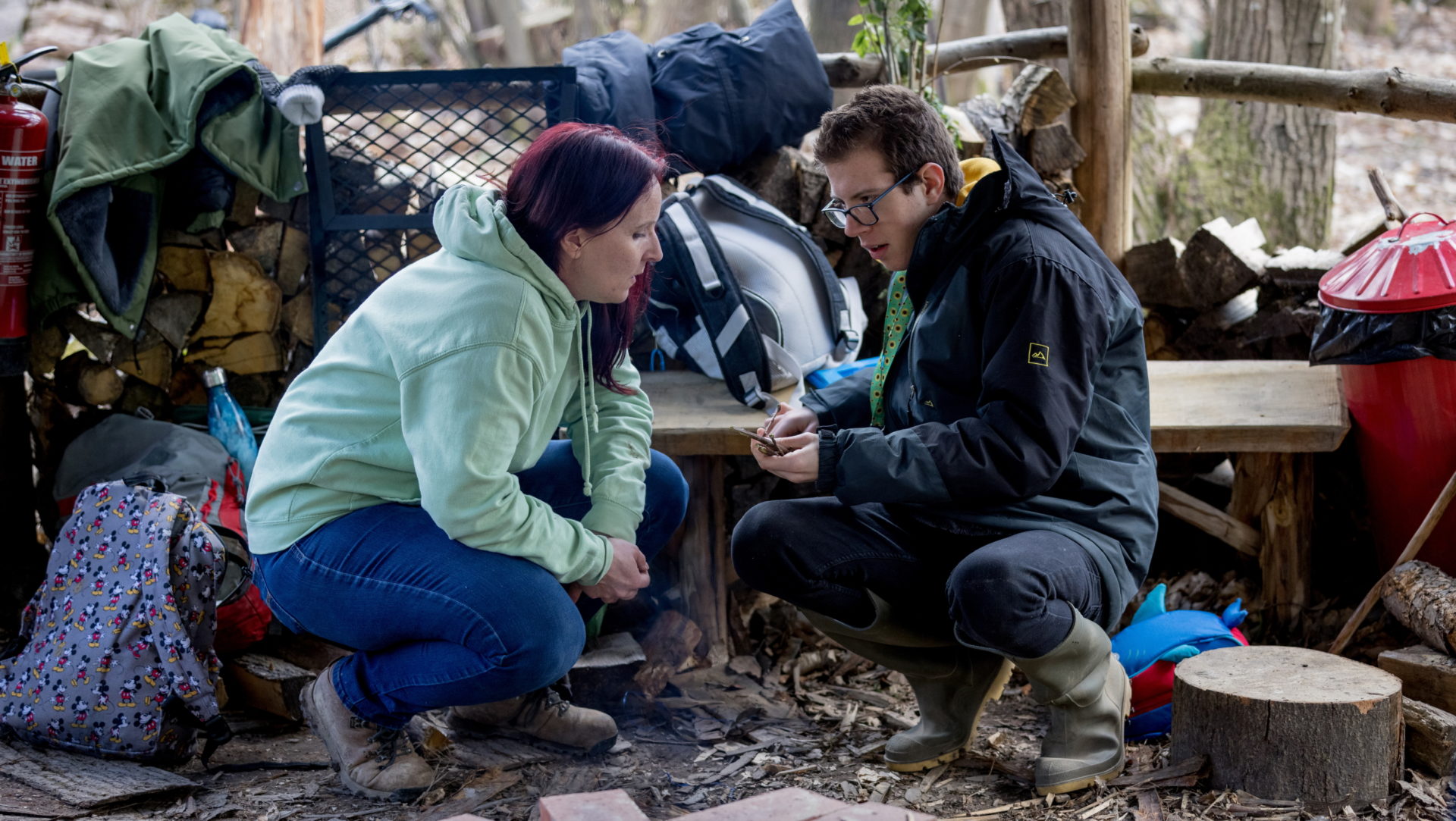
10 Steps to a Strong Application

1. Identify the need you want to address
- Who are the young people you will be working with?
- How are they disadvantaged?
- How does this disadvantage affect their lives?
A good understanding of the young people and their needs will help you decide what differences you want to achieve for them.
Tips for identifying need
Not all funding requests can always identify the specific groups of children involved. Even so, a strong application will show clear understanding of the young people the work aims to reach.
This in turn will allow you to make a robust plan for involving those target groups.
You may already have identified key areas of need through previous work. You can also research any new needs you want to address by doing things like:
-
- Holding active consultations with children and young people, local communities, and partner organisations.
- Running a pilot project to gather data and sharpen focus.
- Using and building on existing research by your own or other organisations.
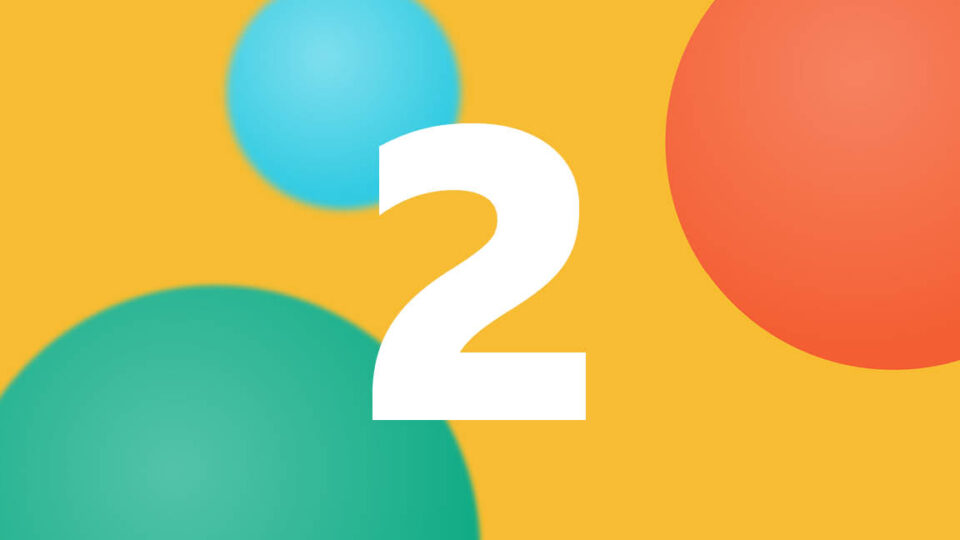
2. Identify the differences (‘outcomes’) you want to achieve
- Many funders talk about ‘outcomes’. This is another way of describing the changes that will happen as a result of your work.
- What positive differences will you make for the young people involved? Be clear about how these differences will improve their lives and experiences.
- This is the main reason you’re doing the work, so it’s among the parts of your application that interest us the most.
Tips for identifying differences
Be aware that the differences you make are not the same thing as the work you actually do:
-
- A youth club may host regular sports events as part of a project – this is the work
- Outcomes for children might be better physical health, more self-confidence, or new friendships
- These outcomes should always be linked to the young people and their needs
You’ll need to tell us the three main differences your work will make in improving children’s lives. If awarded a grant from BBC Children in Need, we will ask you to report back on these outcomes in detail later.
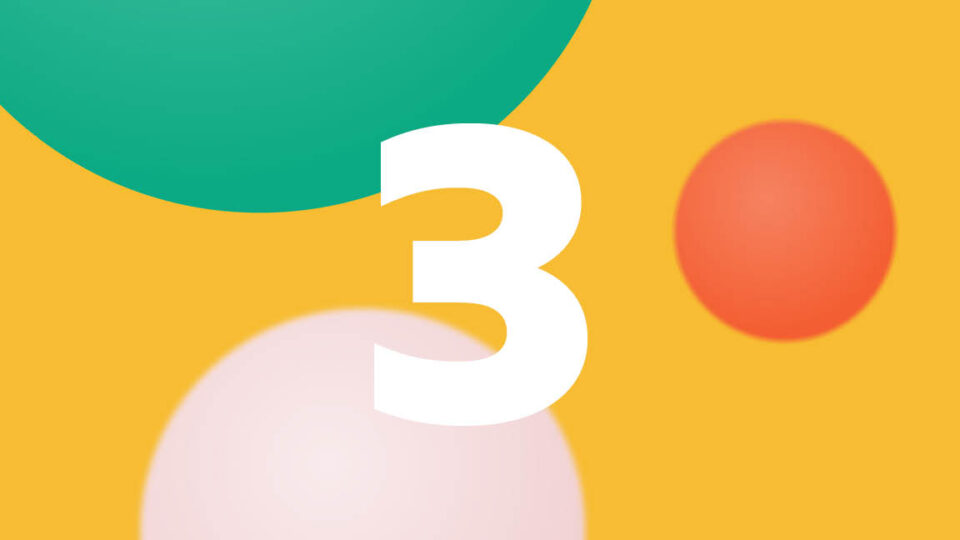
3. Understand what your work will be and do
Once you’ve decided on the differences you want to make, you can plan out what work you must do to achieve them.
Strong applications always lay out what they want to do, before showing us how they’ll do it.
Tips for deciding what your work will be
Think about all the types of activities, services or facilities you could use in your work.
-
-
- How will they help to make the differences you’re aiming for?
- Will you be running a drop-in youth café, or organising an outdoor activities weekend? Will you be providing a trained counsellor, or building a new safe space or play area?
-
You should be able to relate each activity or service back to the differences that you want to make.
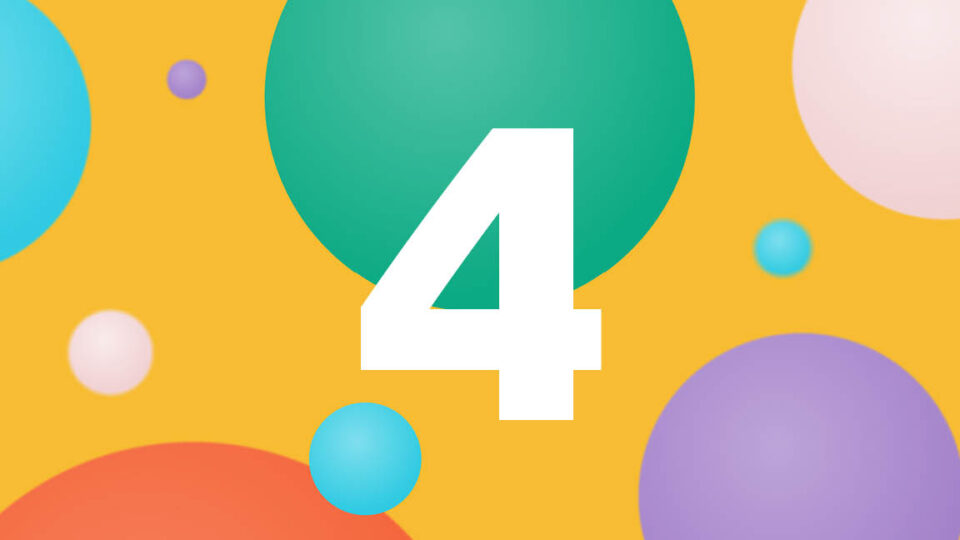
4. Ask difficult questions! Is your idea the best way to address the need?
You need to be as sure as you can be that your planned work is the best way to address the needs you’ve identified.
- This is vital in making sure the differences you’re aiming for are achievable
- It’s also key to delivering positive outcomes for the children and young people
If you don’t already know exactly what else is on offer for young people in your area, be sure to research it and find out.
-
- This way, you’ll know that your work fills a gap that isn’t already addressed elsewhere
- Applications that complement existing services are stronger than ones which duplicate them

5. Target your work precisely
Create a plan to ensure the children and young people who need your work most are the ones who will benefit from it.
- Think about how you’ll advertise or promote your organisation to the target group. Where can you post information so that it reaches them?
- Will you use existing channels, such as through networks of other charitable organisations?
- Will you use outside agencies, such as schools or health visitors, to help spread the word?
- Will you use digital platforms? If so, do you understand enough about how other people might interact with them?
Tips for targeting your work
It might help you to think about the following questions:
-
- Will you seek direct referrals from other voluntary organisations? These could be things like schools, community groups, or youth clubs in your area
- Will the work run at the best and most suitable time for the children and young people you want to reach?
- If there will be any costs involved for young people, are they affordable for the entire target group? If not, do you have a fee-waiving policy for children or families who can’t afford them?
- Are you planning to use a venue that’s easy for your target group to get to? Have you done everything possible to ensure children with additional needs can access your services?

6. Involvement of children and young people
Have you consulted with the children and young people you aim to benefit before you begin? Strong applications show evidence of involving target groups early in the planning stages.
- Ask young people about what it is they need, and what kind of services they want to have access to
- When would they most like your work to run, and what kinds of equipment would be most used and valued by them?
Plan to involve young people in developing, running, and managing projects wherever possible.
This will help you to deliver activities or services that they actually want. As a result, they will be much more likely to feel a sense of ownership in it, and this can only increase its impact.
Our Grantmaking Strategy 2022-2025 gives more detail on sharing power with young people. You can also read a version of the strategy as described by children our funding supports.

7. Plan for the skills and resources you need
A strong application will be clear on the exact activities and services you want to provide.
The next step is to make sure your organisation has the key skills and resources in place to deliver as planned.
Tips for planning skills and resources
Consider all resourcing aspects of the work you want us to support, including areas such as:
-
- Staffing (voluntary or paid)
- Equipment
- Premises and venues
- Safeguarding, risk assessment and responsiveness
- Support costs, including management fees and administration time
- Core costs (where applicable), including utilities, insurance and maintenance
You may be able to use existing resources, or source ‘in kind’ help from other organisations in your area.
Also think about the staff you’ll need to manage or supervise activities, as well as delivering them.
-
- For small organisations, several of these roles may fall to the same person
- Ask yourself if that’s likely to be sustainable – will it work in the best interests of the young people?
If you’ve run similar services before, you may already have a good idea what’s needed. If this is a new service or activity, you might need to do more research and draw on the experience of others first.
Remember, BBC Children in Need wants to fund work in ways that will help it succeed:
-
- Key to a good application is planning, researching, and asking us for what you’ll actually need
- This makes for a stronger request than asking for the smallest possible amount to make it viable

8. Think about timing
Consider how much time you’ll need to prepare and run the activity or service you’re going to deliver. When planning, think about things like:
- When will you launch? How much lead-in time might you need to be set up and ready?
- How often will your activities run?
- Have you checked with the children and young people that your dates/times are suitable?
- How much time will you need for ongoing project management, development, and administration?
- Have you factored in time for monitoring and evaluating the work, both during and after?

9. Research and write a detailed application budget
One of the last stages of planning is to work out your budget in fine detail.
Only do this after you’ve planned for all the resources you’ll need, and for how long you’ll need them.
This will allow you to draw up a detailed, specific and accurate budget for the work you’re asking us to support.
Tips for writing your application budget
Always be as precise and accurate as you can with your costings:
-
- Avoid estimates, guesswork, approximate costings, and flexible percentages wherever possible
- For equipment and supplies, be sure to compare as wide a range of supplier prices as is available
- Try to plan around likely rate increases, maintenance or depreciation costs over time
For salary expenditure, remember to include related costs such as National Insurance contributions. Our website guidance includes more information about applying to us for staffing costs.
Involve your treasurer or finance officer in the financial planning where applicable. If your application needs a Finding Out More conversation, treasurers are welcome to take part.
If you’re unsure about how to present your budget, please feel free to ask us any questions that might help you.
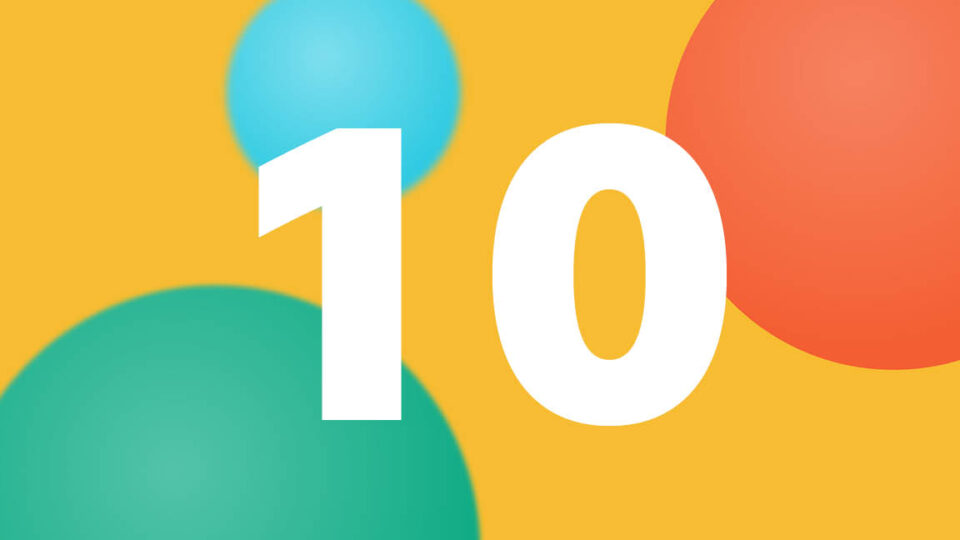
10. Don’t forget about monitoring your work
Think about the signs (‘indicators’) that will show you’re achieving your intended outcomes.
- What changes in children’s behaviours, attitudes, relationships or environments will be key?
- How will these confirm you’re achieving or progressing towards the differences you wanted?
Tips for monitoring your work
It’s important to start measuring the differences you’re making as soon as the work begins.
- You should also build in time at regular intervals to reflect on the information you collect
- This will help you understand how far along in your plans you are, and what changes you might need to make as you go along
Decide on the best methods or tools for collecting and assessing information as you work.
- How can you use them to show where the planned differences are being made?
- Don’t feel you have to design a new set of tools, learn new methods, or buy in to a sophisticated measurement system
-
-
- Often, you may only need to add some focused questions about your aims to the tools you’re already using
- This might include simple methods like staff monitoring, or interviewing the children involved
-
Monitoring and reflection are key to increasing the impact of your work as it progresses.
Start applying for BBC Children in Need funding
If you’ve considered and planned your work in depth, you’re now ready to begin your funding application with us.
We look forward to hearing from you, and please don’t hesitate to contact us if you need any further guidance.
Cymraeg/Welsh
Am y dudalen Cymraeg cliciwch yma.
